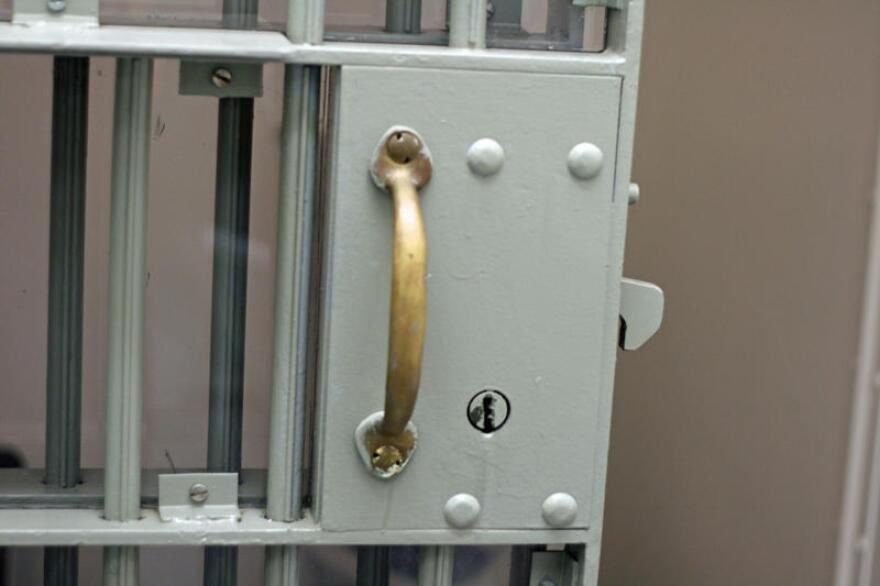Texas prisons to phase out physical mail to reduce contraband despite advocate protests
By Sarah Asch
On July 13, 2023
Advocacy groups say physical mail is an important part of contact between those behind bars and the outside world.

The Texas Department of Criminal Justice is planning to transition to a digital mail platform. The roll out will happen in phases starting next week.
Once units switch to the new system, mail will be sent to the digital mail processing center where it will be sorted, scanned and uploaded to secure tablets.
Officials say this is about reducing the amount of contraband coming into Texas facilities, but some advocates charge that this change cuts prisoners off from meaningful contact with the outside world.
Jennifer Toon, the project director at Lioness Justice Impacted Women’s Alliance, said the TDCJ had promised advocates in the past that the department wouldn’t fully transition away from physical mail.
“Right before COVID, they had created what they called ‘Inspect to Protect.’ This was the mailroom policy that really started to limit the amount of mail and what type of mail that people on the inside could get. For instance, this took away greeting cards,” she said. “This was really startling for us because physical mail, especially to women that have kids, it’s something that you always go back to. You pull out of your property and you hold on to it to connect those feelings of your loved ones.
We pushed back really hard and they allowed people to send greeting cards around Mother’s Day, Father’s Day and Christmas. And they assured us that they would never take away physical mail.”
The new policy does not cover books, magazines or legal mail. But anything from loved ones — including photographs — will no longer be physically given to incarcerated people.
Toon said there is little to no evidence this move will help reduce contraband inside.
“The Prison Policy Initiative put out numerous reports as this has happened in other states, and there’s little to no evidence that this reduces contraband,” she said.
Toon said mail has huge sentimental value.
“As a formerly incarcerated woman, I remember pulling out the cards in the letters that my father and my brother wrote me, which wasn’t often, as guys,” she said. “When I was having a horrible day there I would just run my hand over their signature and just really hold on to that and really meditate on the support that I had on the outside to remind me that there are people out there that love me and want me to be better. You just don’t get the same effect when it’s on the tablet or scanned-in mail.”
Toon said that, from her experience, this policy change will have a unique impact on women in prison, especially mothers.
“I remember when women would go to the mail room to be denied a piece of mail because it had unidentifiable substance on it,” she said. “’Unidentified substance’ – it can mean anything. It can mean glitter. It can mean paint. It doesn’t necessarily mean drugs.
Because those of us that have been in the system know that from our experience, the bulk of the contraband is coming from the staff. And just to watch those women get these pieces of mail denied, with drawings (from their kids), they would come back to the dorm just in tears. I mean, because it triggers all of those feelings about ‘I’m away from my kids. I’m a terrible mother,’ you know. ‘How did I do this to my family?’”
This piece was republished from the Texas Standard.